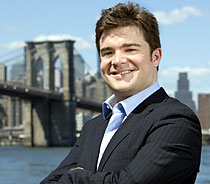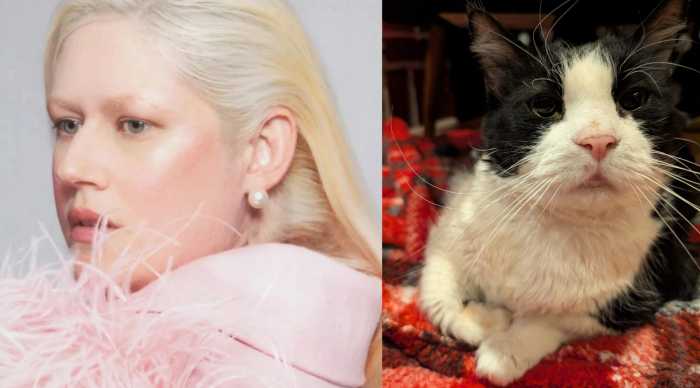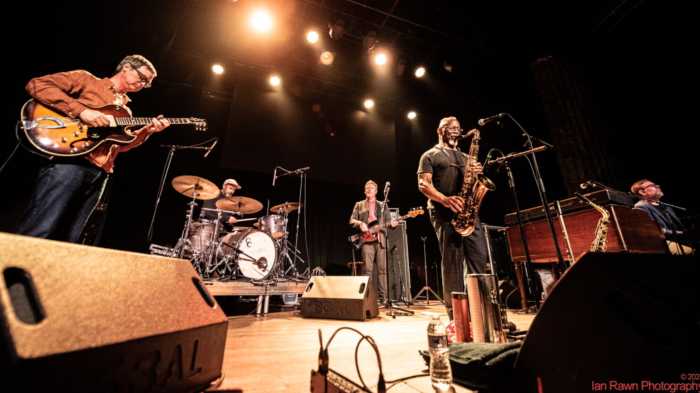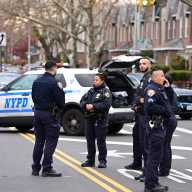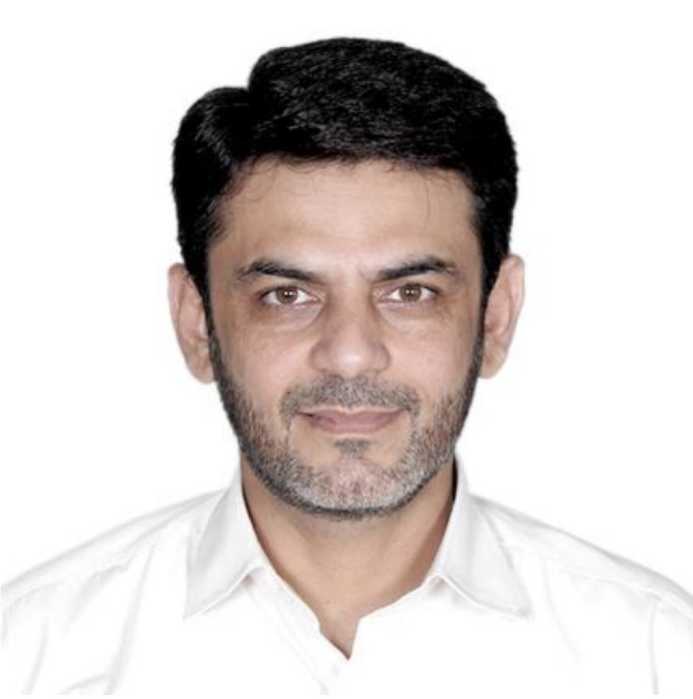On Feb. 25, Brooklyn Philharmonic’s artistic
director, conductor Michael Christie, and the orchestra hit the
ground running to open their 52nd season in the Brooklyn Academy
of Music’s Howard Gilman Opera House.
"We want to cover a number of bases this season," said
the 31-year-old Christie about his first year at the helm of
the Brooklyn Philharmonic. "And the opening concert covers
all that’s good at the Brooklyn Philharmonic. Our ongoing collaboration
with [the Brooklyn Academy of Music] helps us choose what we
want to do, like presenting music-theater works by contemporary
composers like John Adams and Osvaldo Golijov. So I thought that
doing another theatrical work would fit in well and also be fun."
Christie is referring to Carl Orff’s cantata, "Carmina Burana,"
one of the most famous works ever composed, if only for its opening
movement, which everyone who has ever seen TV commercials is
familiar with. But "Carmina" – an hour-long choral
work that accumulates its musical power as it goes along – is
much more than just an advertising jingle.
"I was interested that composers have written famous works
for ballet that transfer into the concert hall, then are rarely
seen as they’re conceived. ’Carmina’ is certainly one of those,"
Christie says. "And nicholasleichterdance [a lower Manhattan-based
troupe] will present a newly-choreographed performance to Orff’s
music."
The first evening’s program, "Sacred and Profane,"
links two other works to Orff’s cantata.
"We are also paying homage to one of the other great things
about the Brooklyn Philharmonic and BAM – a long collaboration
with Philip Glass," Christie offers. "’Hymn to Aten’
from his opera ’Akhnaten’ refers back to Egyptian mythology,
and I like the connection with Orff’s medieval story.
"In a quasi-religious sense, ’Carmina Burana’ is a musical
jest in its mix of the secular and sacred, so I thought of the
Russian Orthodox element in Stravinsky’s ’Symphonies of Wind
Instruments,’ which is based on a real orthodox chant,"
the conductor continues. "We crafted a theatrical event
[for this concert] and several other elements started blossoming
on their own."
One of those elements is a world premiere by composer John Corigliano.
"He wrote a two-minute-long fanfare to open the performance,
which will be fun," Christie says of the Oscar-, Grammy-,
and Pulitzer Prize-winning Midwood native. "We asked him
to do it last September, and he turned it out quickly. Its brassy
sound is perfect for an opening night celebration."
Christie is also pleased to welcome back the University at Buffalo
Chorus.
"[Chorus master] Harold [Rosenbaum] has had a very long
relationship with our orchestra, and we wanted his group to join
us for ’Carmina,’ which is one of those classical pieces performed
fairly regularly, but we wanted to do it in a slightly different
context: orchestra in the pit, percussion, piano, dancers and
chorus onstage."
What’s next
Following the Feb. 25 opening-night concert, don’t think that
Christie and the orchestra settle down to the tried-and-true;
on the contrary, each concert continues the Brooklyn Philharmonic
tradition of looking at familiar music in a new way. The April
1 concert, for example, pairs an orchestration of one of Dmitri
Shostakovich’s most personal works (his eighth string quartet)
with Mozart’s infrequently heard incidental music to the play
"King Thamos."
"That came about in order for us to honor Shostakovich on
his 100th birthday and Mozart on his 250th," Christie notes.
On April 22, German chanteuse Ute Lemper returns to Brooklyn
for "A Tribute to Great Cities with Ute Lemper." She
performs cabaret songs alongside several instrumental works about
the world’s greatest cities, like Bernstein’s infectious "On
the Town." For Christie, bringing Lemper back was a no-brainer:
"We invited Ute back because she’s a huge success with our
musicians and our audience," said Christie.
The night after a special May 12 non-subscription concert, conducted
by Alan Broadbent and featuring Elvis Costello’s music, the Philharmonic’s
subscription season ends with Chelsea Tipton II conducting a
program entitled "Freedom!" Bernstein’s First Symphony
("Jeremiah") is paired with the world premiere of British
composer Thea Musgrave’s "Harriet, the Woman Called Moses"
suite, which tells the stirring tale of Harriet Tubman and the
Underground Railroad.
He looks on this season as a building block and a educational
experience, for the orchestra as well as the audience.
"It’s been very interesting learning about the orchestra’s
long and robust history," says Christie. "We’ll gauge
the audience’s reaction to our programs, and see if it’s time
for another paradigm shift.
"I want the Brooklyn Philharmonic to be a destination, an
event for people. And I want to understand what audiences want
to hear when they come. I really can’t wait to start performing."
The Brooklyn Philharmonic opens its
2006 season on Feb. 25 at 8 pm at the Brooklyn Academy of Music
Opera House (30 Lafayette Ave. at Ashland Place in Fort Greene),
playing music of Stravinsky, Glass and Orff. Tickets for subscription
concerts are $20-$60 and $10 for students; and tickets for Elvis
Costello are $25-$80. For more information about the entire season,
call (718) 488-5913 or visit www.brooklynphilharmonic.org.


